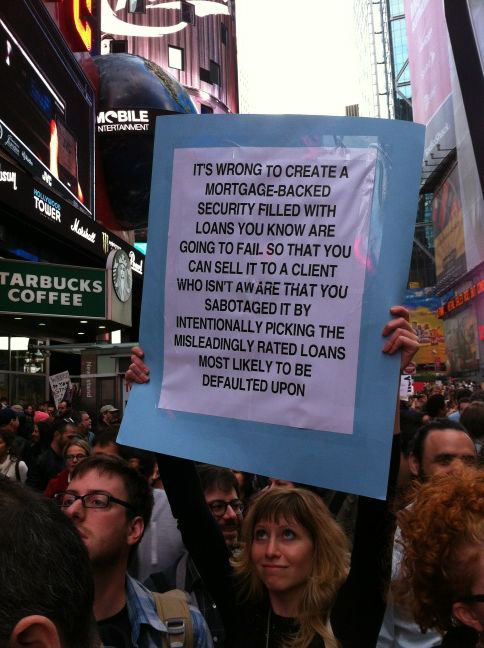The left has this habit of trying to get arrested, then looking at the arrests as a noble sacrifice and proof that the police are thugs. That doesn't mean that police never brutalize protesters, of course, but the protesters aren't always the victims they claim to be.Yesterday at U.C. Davis trespassing protesters dug themselves in so police couldn't pull them apart and were told they would be pepper sprayed if they didn't disperse. You can guess what happened next.
Now left is are up in arms about police brutality, excessive force and freedom of speech - concepts they clearly don't understand. If you break the law and dare the police to enforce it, they will enforce it. It is an automated response, like pressing a button.
Non-gifted Associate Professor of English Nathan Brown penned a rambling letter calling for the university chancellor to resign for calling the police to remove the tresspassers. He offers this
The fact is: the administration of UC campuses systematically uses police brutality to terrorize students and faculty, to crush political dissent on our campuses, and to suppress free speech and peaceful assembly.Here's my open letter to Nathan Brown:
Sir, you do not understand freedom of speech. With some narrow exceptions, the content of speech can not be censored. There are, however, limitations on time and place speech can be expressed as long as they are content-neutral. One can not hold a protest that blocks the lanes of an interstate highway, for example.This is a bait-and-switch routine. The protesters break a law and act as if the police are after them for their beliefs. Anyone who believes this narrative is a sucker.
It doesn't matter if the protesters were non-violent, they were illegally "occupying" space they were not allowed to be. They linked their bodies in a way that made it impossible for the police to pull them apart without using something like pepper spray.
If the police catch me robbing a bank while singing "Born to Run," the police are not suppressing Bruce Springsteen music. Likewise, when people - students, kids, veterans or whatever kind of people they are - illegally trespass, it doesn't matter to the police why they are doing it. The police will use force before they'll tolerate law breaking.
And you knew this. Next time you feel like organizing a protest where participants break the law and dare the police to pepper spray them, I expect to see you on the front line.
-Michael
Read more...


